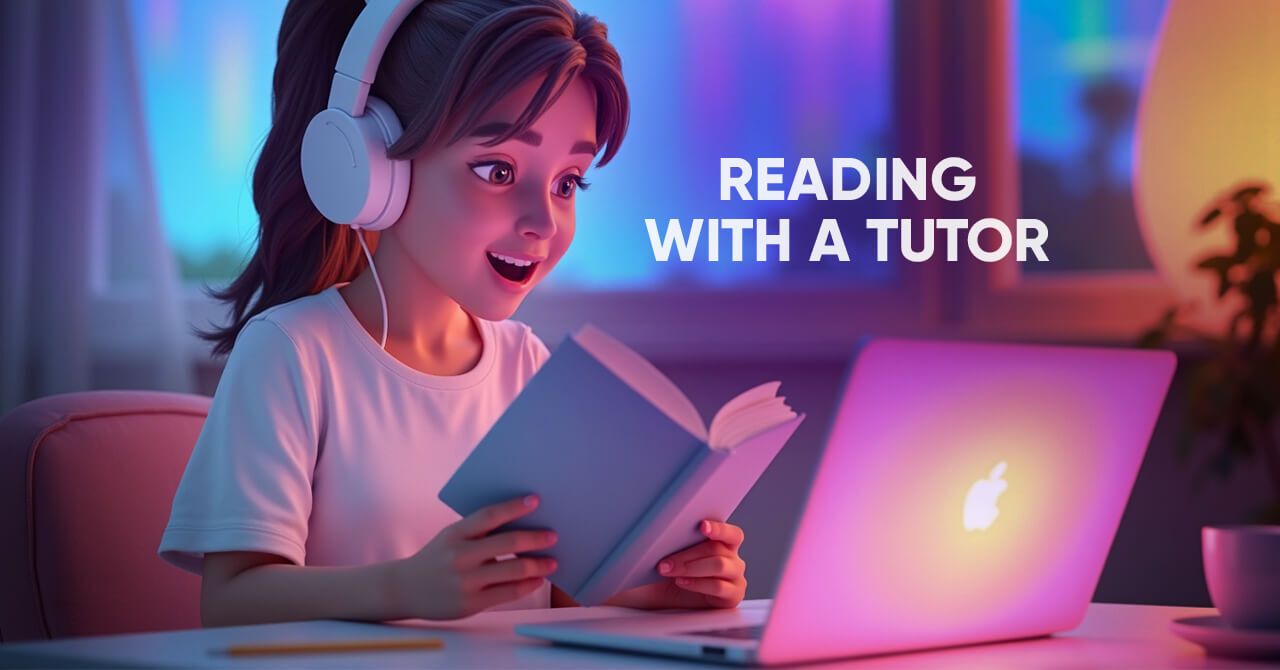Language Teaching
Here are articles about teaching languages: tips and recommendations for tutors, sharing experience & knowledge.

Tutor’s Tips: How to Make English Learning Easier for Students
Teaching experience As someone who has taught both undergraduate students and younger learners, I’ve observed the unique challenges and joys of teaching in English across different contexts. In this article, I’ll share insights from my teaching experiences and practical tips for effective language education. I have been teaching undergraduate students for two and a half years. While I am not teaching them English per se, I am still teaching in English as the medium of instruction. I am particu

Mastering Arabic: A Practical Guide to Teach Non-Native Learners
I’d like to share some insights from my experience teaching Arabic to non-native speakers. I currently teach a group of students in a private school, where we’re required to follow a specific program. This program introduces all three vowels (fatha, kasra, and damma) simultaneously. However, I’ve noticed that students who have been following this system for over five years still struggle to read fluently or pronounce words correctly. This was shocking to me because I’ve had students who, in a m

Teaching Kids Chinese With Fun: Immersive Picture Book Lessons
Graded reading system Picture book teaching combines years of experience in children’s content development, selecting the essence from a large number of picture books. Using picture books as a medium, children learn Chinese in an immersive reading environment, making learning fun and stimulating their enthusiasm for learning. Award-winning picture books are selected to create vivid and colorful courseware, allowing children to learn Chinese through stories. Scientific course system Good cour

How a Tutor Can Help Students Fight Their Fear of Speaking the Language
This is one of the most important ways of combating this struggle. The fear of speaking a language comes from a place of insecurity, which is why it is important to reassure them and show them the utmost courtesy. Learners need to feel safe enough to practice speaking. Being patient, politely correcting, and comforting students have helped me make them feel secure. I knew that they needed to be heard and understood and to have their confidence restored. Time and time again, I would show my stude

The Power of Music and Games in TEFL: Making Learning Fun
Incorporating music and games into your TEFL lessons isn’t just about having fun (although that’s a big part of it! 😊).

The Benefits of Reading With a Tutor in English
Reading will give you access to a wide variety of vocabulary.

Unlocking Language Teaching With CLIL Online
I learned about this methodology (CLIL) when I was in 6th semester at University. It turned out to be a great experience. This is how I did it.

Using The Online Language Portfolio Method to Teach Languages
The OLP method is based on the traditional Language Portfolio method, which describes Language Portfolio as “a collection of individual students’ work put together in a file or a ring binder.”